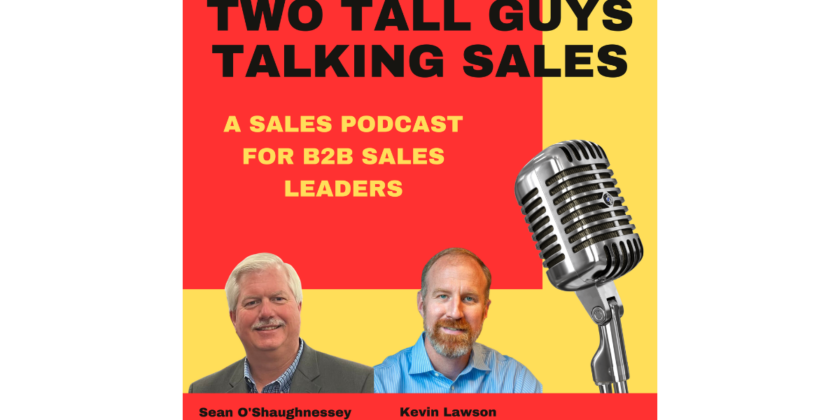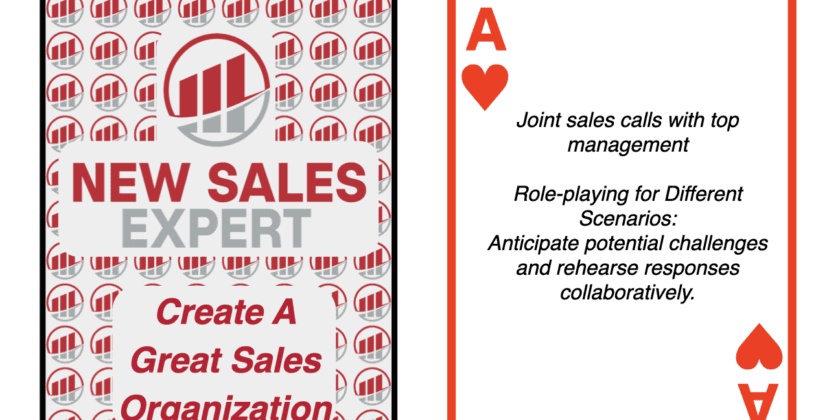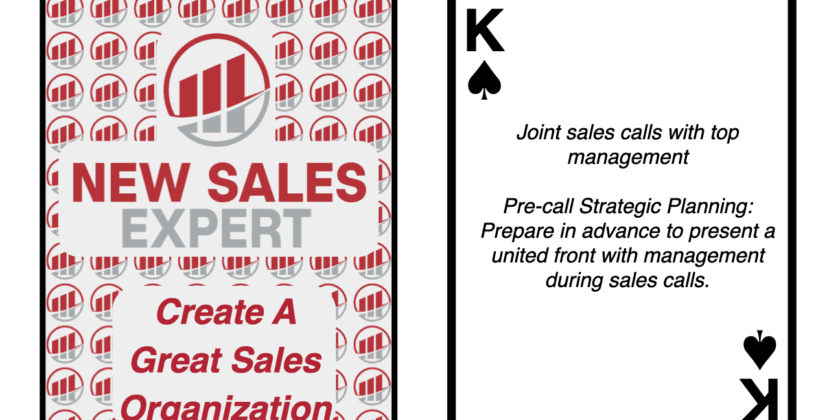Join hosts Kevin Lawson and Sean O’Shaughnessey on “Two Tall Guys Talking Sales” for a captivating conversation with special guest Jeff Clair, a fractional VP of sales and the brain behind ClairVoyant Consulting LLC. In this episode, Jeff shares his invaluable insights on the power of storytelling in sales, offering practical tips for salespeople to engage and connect with their prospects effectively. Whether you’re a seasoned sales professional or new to the field, this discussion is packed with advice to elevate your sales approach through compelling storytelling.
Key Topics Discussed
- The Art of Storytelling in Sales: Jeff emphasizes the importance of storytelling as a memorable and impactful way to communicate with prospects.
- Remembering and Crafting Stories: Insights into how salespeople can remember and craft stories that resonate with their audience, making the prospect the story’s hero.
- The Role of Salespeople as Guides: Drawing parallels from popular movies, Jeff illustrates how salespeople should position themselves as guides in their storytelling, akin to characters like Yoda in “Star Wars.”
- Practicing Storytelling: The significance of practicing storytelling within sales teams, including role-playing exercises to refine this skill.
- Connecting Stories to the Buyer’s Journey: Jeff connects the dots on how storytelling fits into the buyer’s journey, providing a framework for new and seasoned sales professionals to enhance their sales strategies.
- Role-Playing and Feedback: An exploration of effective training techniques, including role-playing, to help salespeople become more engaging and confident storytellers.
Key Quotes
Jeff Clair:
“People tend not to remember the facts, but they remember stories…great storytellers infuse different senses, which is really great.”
Kevin Lawson:
“Practice makes easy. Not practice makes perfect…there’s always room for improvement.”
Sean O’Shaughnessey:
“Practice allows you to figure out how to do it better…those people in small organizations tend not to practice enough.”
Additional Resources
- The Story Brand by Donald Miller: Recommended reading for salespeople and marketing professionals to master the art of storytelling in business.
Summary
This insightful episode of “Two Tall Guys Talking Sales” dives deep into the transformative role of storytelling in the sales process. With his rich experience in sales leadership, Jeff Clair shares why stories captivate, how to craft them effectively, and the importance of salespeople seeing themselves as guides for their prospects. Through role-playing and practice, Jeff underscores the significance of confidence and personalization in storytelling, ensuring that each story resonates deeply with the intended audience. This discussion is a must-listen for anyone looking to harness the power of storytelling to not just sell but to connect and inspire action.
Elevate your sales game with the art of storytelling. Download this episode now and transform how you engage with your prospects.





